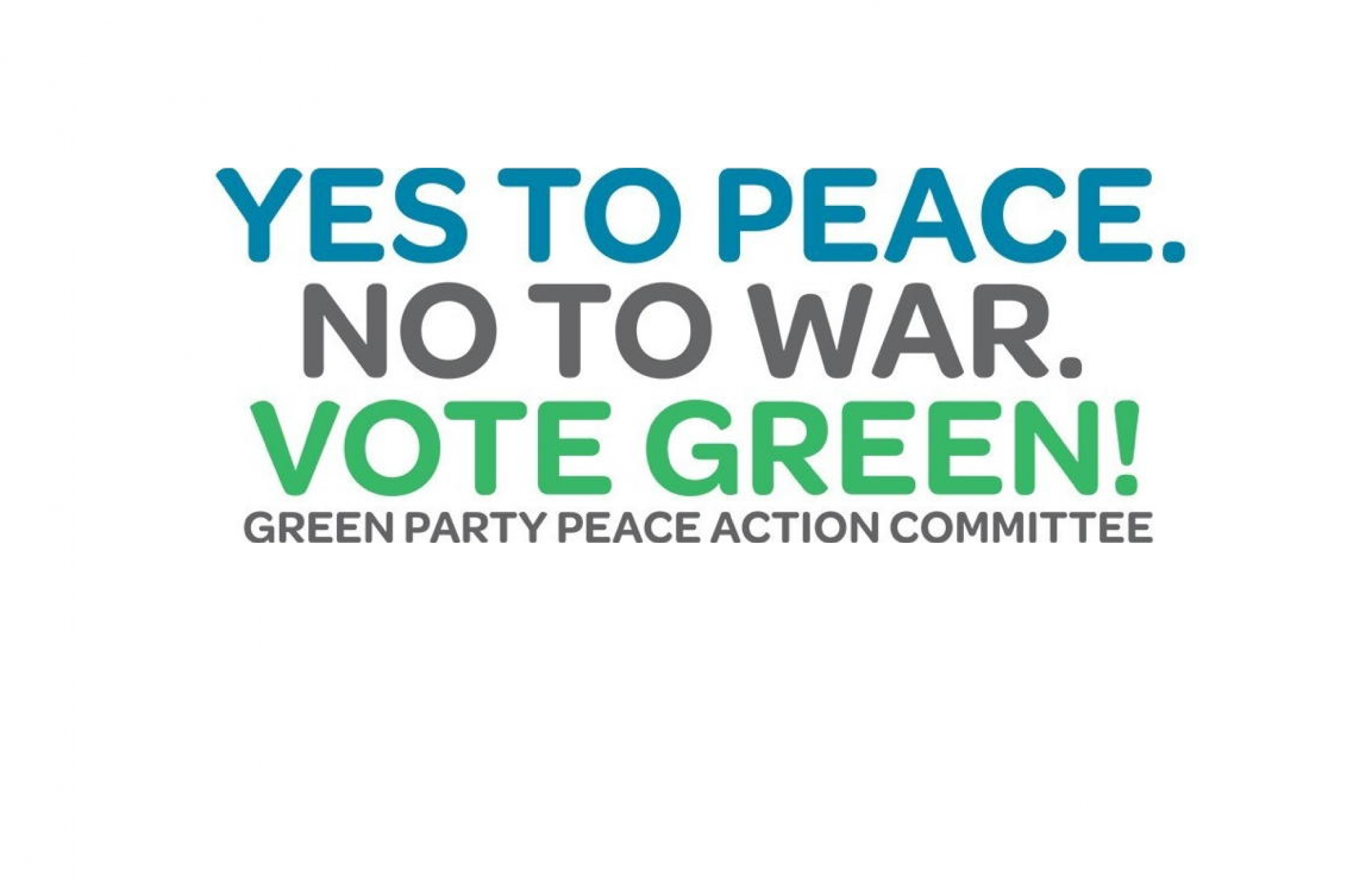
The Nuclear Ban Treaty Will Enter Force
By Ryan Swan
In the United States, we regularly hear about the “threats” posed by Russia and China. The former is corrupting our elections and pursuing aggressive ambitions in the Baltics, while the latter is stealing our intellectual property and jeopardizing “our interests” in Asia. Both are committed to “challenging the liberal democratic world order.”
Behind this rhetoric, which at best is misleading, if not outright propagandistic, both the Republican and Democratic parties support astronomical military budgets (close to $750 billion for FY2020 – more than the next 11 highest military spending states combined) and the advancement of dangerous and morally questionable military capabilities (autonomous weapons, militarization of space, etc.).
Most dangerous and morally questionable is the overwhelming bipartisan support for continued maintenance of nuclear weapons with civilization-ending potential as a centerpiece of U.S. “deterrence policy.” The Obama Administration kicked off a $1 trillion renovation of the American nuclear arsenal, and the Trump Administration has picked up from there to further expand the initiative (which would certainly continue under a potential Biden Administration with hawks, like Michele Flournoy – a possible Biden Secretary of Defense pick, shaping administration policy).
In 2017, more than 120 countries came together in the United Nations to reject a continual life under the nuclear shadow. Tired of this status quo, they concluded the Treaty on the Prohibition of Nuclear Weapons (TPNW). The Treaty’s rationale was simple – the common interest of mankind in avoiding the calamitous consequences of nuclear weapons outweighs any strategic benefits such weapons confer upon specific states. Accordingly, nuclear weapons must be banned.
The TPNW provided that once 50 states actually ratify the treaty, it would enter into legal force 90 days thereafter. This past week, that noteworthy milestone was reached. With Honduras’ ratification, the Treaty will now become legally effective in January 2021.
Both the Republicans and Democrats have summarily dismissed the TPNW and supported the practice of pressuring allies into not signing it. Their refrain is that the Treaty runs counter to U.S. national interests. However, an important and rarely asked question should be just what exactly are U.S. national interests and do they include the desires and best interest of the American people, or simply advance an agenda favorable to the powerful military-industrial complex?
What do the American people – those who have thought about this existentially important issue – want? Well, the Chicago Council on Global Affairs found that a full 87% of respondents to a 2019 survey desired that the government conclude an agreement with Russia to limit nuclear arms. Approximately two-thirds of surveyed Americans favored remaining a party to the Intermediate-Range Nuclear Forces (INF) Treaty and 80% called for extension of the New Strategic Arms Reduction (New START) Treaty. Furthermore, the majority of respondents to a 2019 YouGov opinion survey thought the U.S. “should work with the other nuclear armed countries to eliminate all nuclear weapons from all countries, in line with the [(TPNW)].”
Instead, the Trump Administration has rejected arms control wholesale, unilaterally withdrawing the U.S. from the Joint Comprehensive Plan of Action (Iran Nuclear Deal), the INF Treaty and the Open Skies Treaty, while denouncing the TPNW and refusing to take up negotiations on New START extension (the last remaining bilateral nuclear treaty between the U.S. and Russia). For their part, the Democrats continue to support enormous military budgets. Disappointingly, Democratic members of the House recently voted to kill the Lee-Pocan Amendment, calling for a paltry 10% reduction in military spending and redirection of those funds to health and human services amid the COVID-19 pandemic.
In contrast to the two major parties continually subjected to heavy special interest lobbying, the Green Party refuses all corporate campaign contributions and, accordingly, is uniquely situated to genuinely pursue what most Americans want – a more peaceful and cooperative world. To this end, the Green Party advocates for concrete steps, including adoption of a no-first-use of nuclear weapons policy, considerable cuts to the nuclear arsenal to the minimum point required for effective deterrence, large cuts to military spending, and implementation of a broader foreign policy that is based on principles of international law, not rooted in the brute force of might-makes-right egoism. All of these steps are actively opposed by Republicans and Democrats alike.
For this reason, and many others, I support the Green Party and its presidential ticket of Howie Hawkins and Angela Walker. I encourage those interested in peace – as well as real democracy, sustainable environmental policy, social and economic justice, racial and gender equality, election and campaign finance reform, and more – to check out the national Green Party platform, as increasing numbers of Americans are now doing. I invite you to consider joining us in our effort to make the world a better and more peaceful place for all its inhabitants.
Ryan Swan is a California Representative on the Peace Action Committee of the Green Party of the United States. He holds a J.D. from the UCLA School of Law and a Master’s in international relations and politics from the University of Cambridge (Trinity Hall).


You must be logged in to post a comment.